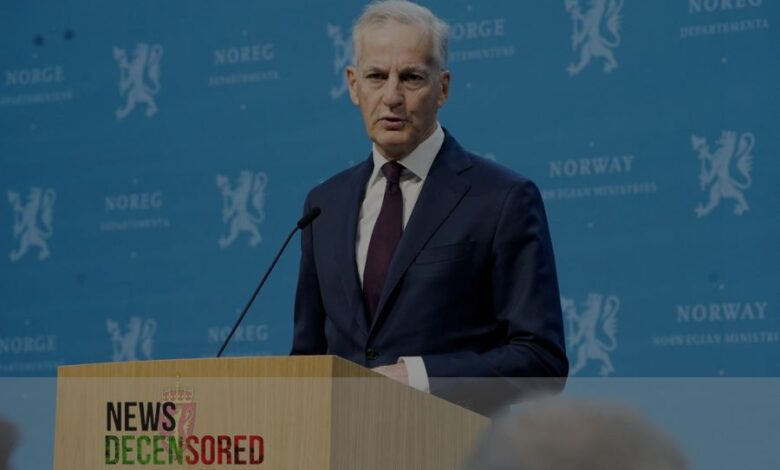Can European Recognition Lead to the Independence of the Palestinian State

Spain, Norway, and Ireland joined other European countries in deciding to recognise the Palestinian state; people are getting frustrated with Israel under Netanyahu. Although this acknowledgement alone cannot pave the way for the Palestinian state, it indicates a growing international impatience that might help the process toward a two-state perspective in the long run.
Such acknowledgements suggest a new direction, even in Israel’s traditional buddies. However, the next question is whether other big European countries will make the same decision. The first idea is that the Palestinian state can be recognised before fulfilling the peace process. According to French President Emmanuel Macron, it is not taboo; Britain’s Foreign Secretary David Cameron, who also agrees with such an opportunity, expresses the second idea. Nevertheless, neither country has introduced the principle of recognising the state of Palestine.
Suppose this is to have any meaningful effect. In that case, Europe would have to speak with one voice, major powers would have to come out clearly to endorse the recognition, and other power blocs would have to leave the US as the only voice of opposition. However, such a level of consensus seems relatively remote. Even French Foreign Minister Stéphane Séjourné, who underlined that such a decision must be politically helpful, does not seem to view the current conditions as propitious.
Indeed, Germany, which is one of the most reliable allies of Israel due to the attempts to amend the Holocaust sins, may also remain passive. The actions of Spain, Norway and Ireland show that there is no such coordination as to timing and policy concerning the recognition of Palestine among countries in Europe.
Even friends across the Pond are split 50/50. The United States continue to hold the position which advocates for Palestinian statehood to be realised through negotiations between Israel and Palestine. They claimed that acceptance based on unilateral recognition would not change the declining situation.
Mr Netanyahu has been against the concept of the two-state solution with the Palestinians for a long time. It was reported that he aided Hamas to ensure that the two-state plan would not happen.
It is difficult to imagine this changing unless the U. S. can broker a multifaceted deal that entails Saudi recognition of Israel, Israel agreeing to the two-state solution, and ceasing the conflict in Gaza.
Former Israeli Ambassador Itamar Rabinovich remarked that any prime minister other than Netanyahu would jump at the idea, but Netanyahu has personal legal and political issues.
European leaders like Spain’s Prime Minister, Pedro Sánchez, are committed to a two-state solution. However, post-Oslo accord, a divided Europe has been able to exert limited pressure on the Israeli-Palestinian conflict. Today, the only superpower to which Israel listens is the United States of America.
This is being said at a time when the International Criminal Court (ICC) has sought arrest warrants for Netanyahu and Defence Minister Yoav Gallant for war crimes in the Gaza Strip. The USA criticised the ICC for the decision, while France reaffirmed support of the ICC’s autonomy and the campaign against impunity, further revealing the allied division.
The more the pressure mounts on Israel and the more so its isolation, the resultant English of Netanyahu’s decision to prolong the war without a post-war strategy for Gaza has important implications. However, the unknown remains whether Israel’s unwavering position on the conflict will shift because of the international response. Many Israelis, including those who have vehemently criticised Netanyahu, have come out in support of the Israeli Premier against what they regard as biased remarks by the ICC.
Although not much related to current events until the recent acts of aggression, the Palestinian issue is back in the limelight. Spain, Norway, and Ireland officially recognise Palestinian statehood. Although this is a symbolic recognition, there is a revived focus on the Palestinian right to self-determination, accompanied by continued conflict.




